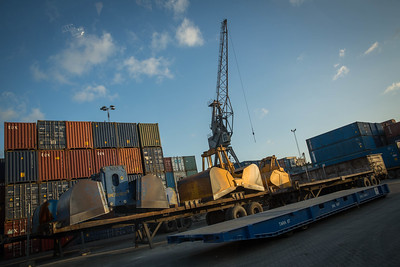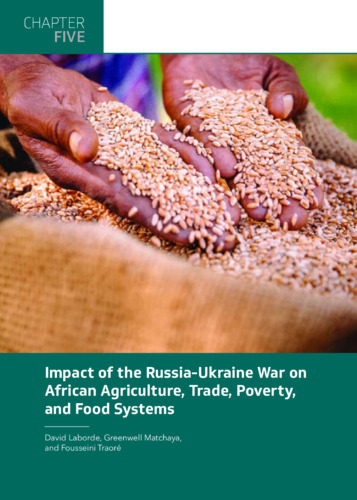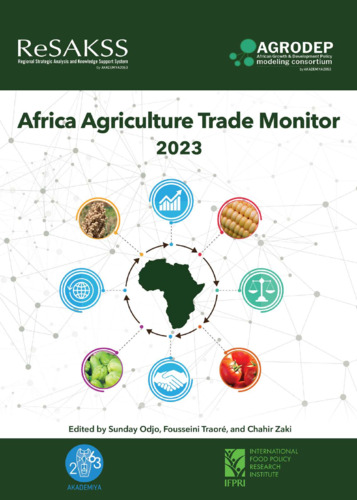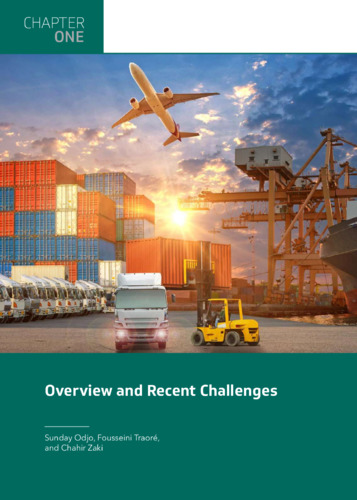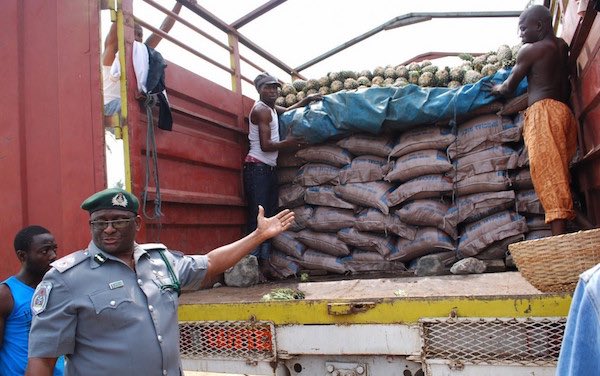The regional integration landscape has been changing in Africa significantly over the past five years. In the Malabo declaration of June 2014, African countries committed themselves to tripling, by the year 2025, the level of intra-African trade in agricultural commodities and services, fast-tracking the establishment of a Continental Free Trade Area (CFTA) and adopting a continent-wide Common External Tariff (CET) scheme. In March 2018 in Kigali, the African Continental Free trade area (AfCFTA) was launched. It aims at creating one of the largest free trade areas in the world, involving 1.2 billion people covering 55 countries, with $2.5 trillion in terms of GDP. In addition to these two continental initiatives, other actions are taking place at the sub regional levels such as the potential extension of ECOWAS to Morocco and the Tripartite Free Trade Area (TFTA) between the Common Market for Eastern and Southern Africa (COMESA), the Southern African Development Community (SADC) and the East African Community (EAC). It is therefore important to track the progress made under these initiatives, assess their impacts and study their coherence.
Objectives
The objectives of the project are threefold
The objective of this project is threefold. First it aims at properly measuring the level of trade integration in Africa with consistent indicators. Indeed, the simple ratio of regional trade to total trade, traditionally used by regional and international organizations, cannot be considered as a right measure of intensity of regional trade. This indicator cannot unambiguously measure progress towards more integration. Firstly, it does not have a thorough theoretical foundation. Secondly, there is no benchmark to compare with and thirdly, it does not measure trade integration without ambiguity because of procyclical biases. New measures with strong theoretical foundations, based on recent advances in the academic literature will be used instead.
The second objective of the project is to perform a series of through assessments of the regional integration initiatives going on in the continent to support evidence-based discussions with high quality research. Analytical tools to support trade negotiations will be provided as well as open access data to inform the civil and academic community in Africa on ongoing trade talks and foster research and discussions. The continental network of researchers constituted by AGRODEP is the key partner for this component.
The final objective of the project is to study the coherence of trade integration initiatives taking place in Africa (the Malabo commitment and the AfCFTA for instance) and the complexity of coordinating existing RECs trade policies. The potential of regional integration to dampen the negative outcomes of extra-continental trade agreements such as the Economic Partnership Agreements (EPA) or to serve as an insurance mechanism in contexts such as global trade wars will also be investigated.




